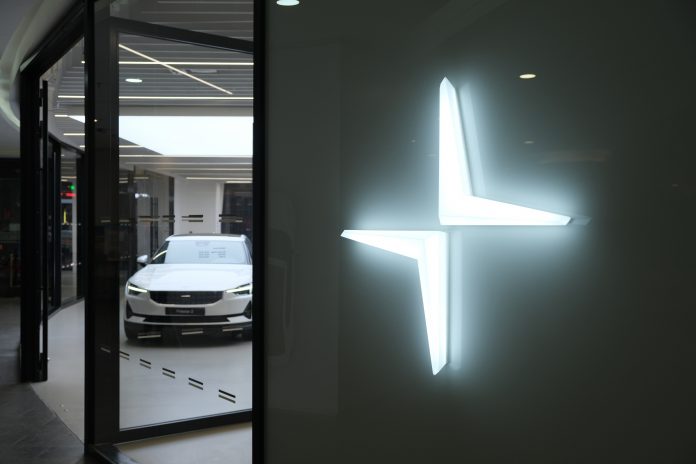Will automaker newcomers like Rivian disrupt the industry, or will they go the way of most tech startups and disappear in a few years? Legacy automakers undeniably control most of the auto market, and their dominance has been impossible to shake.
However, with EVs promising to transform the industry landscape and new companies arriving every year to take advantage of the EV craze, is it possible for presently small brands to eventually unseat current industry leaders?
Legacy automakers like General Motors, Ford, and Toyota have dominated the auto industry for decades. However, the emergence of smaller electric vehicle (EV) rivals, such as Rivian, Lucid, and especially Tesla, has disrupted the industry and raised questions about the future of these legacy automakers. So, how much should legacy automakers worry about these smaller EV rivals taking over the industry, and will these smaller rivals disappear?
Decades of Experience and Investment May Trump Agility
First, it is crucial to understand the current state of the EV market. EV sales have steadily increased over the past few years, with projections estimating that by 2040, around 58% of new car sales worldwide will be EVs. Growing government pressure and an agenda for more sustainable transportation options from governments have fueled this shift toward EVs. Furthermore, this shift has allowed smaller EV companies to emerge, providing consumers with innovative, eco-friendly options.
Tesla, for example, has been at the forefront of this shift, disrupting the industry with its electric vehicles and becoming the world’s most valuable car company. And, for consumers, Tesla continues to be the bar for electric vehicle technology with its long-range capabilities and advanced autopilot features. And, even though the Mach E and other domestic EVs are trickling into the market, Tesla is still dominant. So, Tesla’s success has undoubtedly inspired other small EV companies like Rivian and Lucid to enter the market and challenge traditional automakers.
While smaller EV companies may threaten legacy automakers, they will likely partially take over the industry. This is because legacy automakers have decades of experience, established supply chains, and extensive resources, giving them a significant advantage over smaller rivals.
A Range of Vehicles Help Fund Investment
Legacy automakers also have the advantage of producing a wide range of vehicles, including EVs, hybrids, and gas-powered cars. And since most buyers aren’t rushing to get EVs, this flexibility allows legacy automakers to cater to a broad range of consumers, ensuring they remain relevant in the ever-changing automotive landscape.
Moreover, many legacy automakers have recognized the shift towards EVs and have been investing heavily in this area. General Motors, for example, has pledged to invest $35 billion in EVs and autonomous vehicles by 2025, while Ford has committed to investing $22 billion in EVs and self-driving technology by 2025. These investments demonstrate the commitment of legacy automakers to stay relevant in the market and to compete with smaller EV rivals. And their current EVs have received considerable notice in the media.
Regulations Will Tighten the Market
Another factor to consider is the regulation surrounding EVs. Governments worldwide are introducing more policies and regulations to reduce carbon emissions, with many countries planning to ban the sale of gas-powered vehicles in the coming years.
These policies will likely accelerate the shift towards EVs and create new opportunities for both legacy automakers and smaller EV companies. Or, it could also put more EV automakers in a smaller market pond and eventually cause mergers and consolidations.
So, while smaller EV companies may pose a threat to legacy automakers, it is unlikely that they will take over the industry entirely. Legacy automakers have significant advantages over smaller rivals, such as experience, established supply chains, and extensive resources.
Overall, the automotive industry is entering a brave new era. So, regardless, legacy automakers and smaller EV rivals must adapt to stay relevant and competitive. The most agile companies with the deepest pockets will come out on top.
Did you enjoy this article? Please share your thoughts, comments, or questions regarding this topic by connecting with us at newsroom@cbtnews.com.
Be sure to follow us on Facebook, LinkedIn, and TikTok to stay up to date.
While you’re here, don’t forget to subscribe to our email newsletter for all the latest auto industry news from CBT News.









